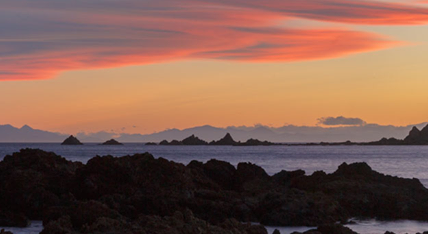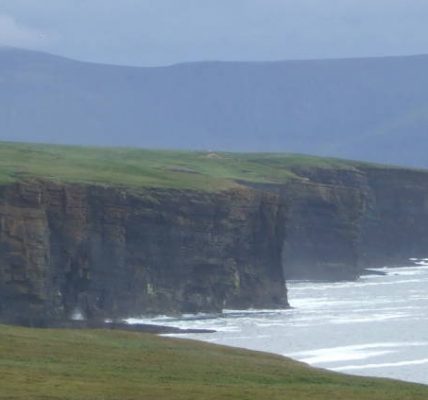In spring we pick the bluebells that grow deep in the woods. Over the summer they dry, and are ground into dust.
In the autumn we fetch the wet clay from the banks near the river, and it is worked and built into a thin ball, each packed in the centre with a thick paste made from the winter snowmelt and the pressed flowers of spring.
Baked in the earth of our land in the white hot flame of our greatest kiln, the earthen balls are left in the spring under the cave for one full turn of the moon.
When they are cracked open, gone is the bluebell, and the thick ocre salve of our Woad brings the protection of our land with us as we do what must be done.
Every village knows how to make woad. It is passed from druid to druid, from generation to generation. Few villages have the same method. For some it can be made by the fire on a dark day, for others it must be formed by passion and ritual. Some insist it doesn’t work without the sacrifice of harvest, others that you cannot make Woad without the water of faith. The only commonalities are ritual and the earth of the Nation they come from.
All the rituals are right. All of them are true. None of them are complete.
The dirt of the land is key, but it doesn’t work without the ritual. The ritual binds the village to the earth, and the earth to the ritual, so the protection of the land itself may go with them.
Perhaps. Or maybe it works entirely differently. There seem to be other forms of Woad than the Albani know of, after all.
These things remain true: You cannot make woad with the dirt of another Nation. You cannot just pick up the mud of your village and call it Woad, and the creation of woad never asks for blood.




